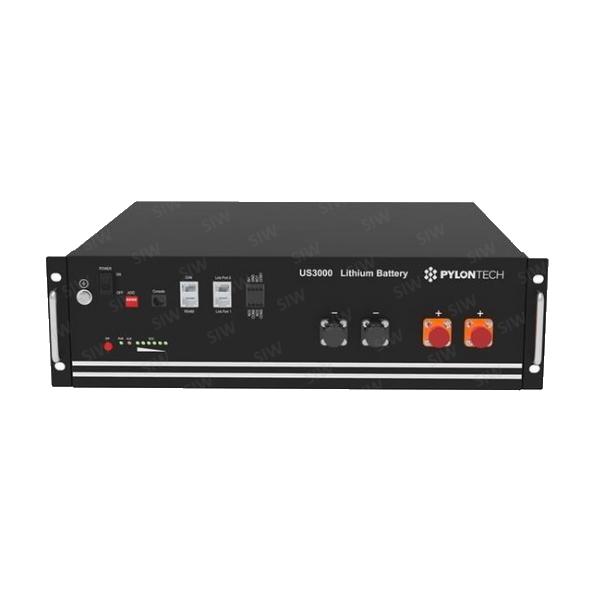I don't quite get the different inverter types.
Bottom line, when there is Eskom I want to use that with no limit. When there isn't I want to have the backup power switched to automatically.
When it's on battery I expect to use no more than 1kW continuous, with the occasional 5-20 minute peak using a 2kW kettle or a 3kW stove (not at the same time).
ok I think you need to understand the limitations of different types of inverters and what you can do on different budgets and then make a decision between that.
If you want to use max that Eskom give and this is for devices on the inverter, you can go for a cheaper non-hybrid axpert inverter, that is in online mode. Then it just passes through Eskom and you can do what you want. The downside on this inverter is, when you later on add solar, if your solar only provide 300w but your usage at the time is 301w, the inverter will get all 301w from Eskom, where as a hybrid inverter will mix, it will take the 300w generated by the solar 1st and then that extra 1w needed from Eskom, saving you as much as it can.
If you want to use 8kW when Eskom is available on a hybrid, some of your stuff should not be on the inverter.
Like geysers, electric stoves, ovens, etc. is best kept on Eskom only power.
Stove you should consider going gas, then you dont have an issue with it on the inverter, so you can use it any time regardless.
Also, in our house, with less power usage than you, our base load is 550w. This is with 3 fridges, 2 laptops with 3 external monitors and sometimes even the TV and whatever lights, then maybe, it goes up to 770w but during work hours its 350-550w base load.
When I made up our order for a 5kW inverter and the 2 batteries, my wife was outraged when I said you can only use 1 big appliance at a time. She was adament, for the price we pay, we must be able to use more at a time.
I sat her down and said, well fine we can go for 8kW inverter in parallel with a 2nd and add more power, but then the cost rise from what we can afford to double that. She quickly realized I have done my homework and then relaxed and accepted the fate. And you know what, it really haven't been an issue. We have been fine with our limitations. The difference is, when the street is out, we stay on and go on with life forgetting about loadshedding when we not out and about.
I hope that helps you understand better.

www.dailymaverick.co.za


